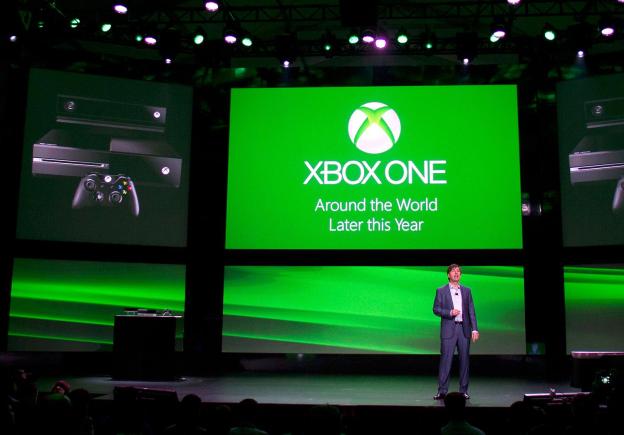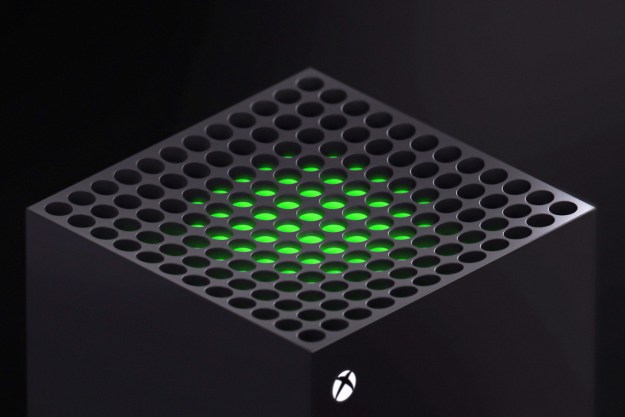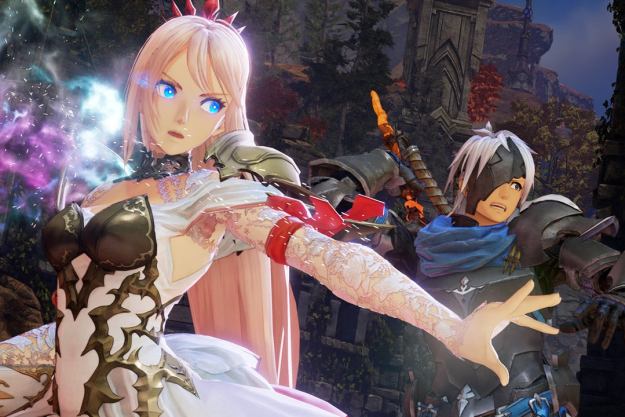
Over the last 10 years, Microsoft has made some horrid choices on some of its products. The Zune is probably the poster child for these stupid moves.
The Zune team knew it needed to optimize for video, but forgot to offer any video content. Microsoft should have brought out an iPhone-like product first, but it didn’t. The Zune’s killer feature was subscription music, but few people knew because Microsoft never marketed it well. (Instead, the marketing focused on sharing, which only worked if you knew someone with a Zune – and that virtually never happened given the iPod’s dominance.) On the Zune, Microsoft likely set a record on the number of really bad decisions.
Well, with the Xbox One, Microsoft has clearly turned a page, because it’s hard to find a single bad decision in any aspect of the product.
Design
While both the PlayStation 3 and Xbox 360 aspired to be entertainment hubs as much as game consoles, neither really look like it belonged in an A/V cabinet. Sony was closest at first with its piano black and chrome, but a redesign to reduce cost later made it look more like a game console.
With the Xbox One, Microsoft has created a design that looks right at home in a next-generation stereo cabinet. It looks less like a gaming system and more like what it is becoming: a multimedia hub. The only thing it really needs is a matching amplifier, 5.1- or 7.1-channel speaker output, and a way to move sound and video throughout the home more seamlessly. Then it would really become the home entertainment system of the near-term future. This media-centric design is one of Microsoft’s better decisions.
Blu-ray
The market is moving toward streaming movies in the near future, but playing some content, like 3D movies or discs you already own, is still going to require an optical drive. While the Xbox Two (the number naming is a good move as well) can likely eliminate this drive when it arrives, Microsoft first needs a transition product. Adding a Blu-ray drive was an unexpected move, given that it’s a Sony-sourced technology, but the correct move. This allows the Xbox One to step into its full role today, and replace dedicated Blu-ray players while adding gaming.
Advanced Kinect

Voice command
Voice recognition is a lot harder to do well than you think, especially on a TV. If the voice command system can’t differentiate between its own voice and yours, you can have a “revolt” where the TV takes control of itself and just annoys you to death. Microsoft has been working on voice command since the 1990s, and has one of the leading core technologies. Given this head start, the Xbox One’s voice recognition could potentially be even more accurate than efforts by Apple and Google.
Exclusive content
If you are going to have a product that blends TV and gaming, you should be exploring titles that blend those media, and Microsoft is. One of the announced titles, Quantum Break, will blend TV and gameplay uniquely, potentially doing what Defiance tried to do, but was unable to, given the technology this year. While it may take several tries to get this blend right, if you don’t start early you’ll likely never get there, and this kind of content will clearly separate this console from what came before.

DVR
The one obvious thing Microsoft left out was DVR capability, but even that was a wise move. If you’ve ever tried a DVR that didn’t come from your cable company, you’ve learned that getting support from cable companies is a joke, the box won’t integrate well with cable services, and there are limitations on the content. Oh, and if you try to build your own, the four-tuner card you’ll want will likely set you back more than the Xbox One costs. In short, the added cost just isn’t worth the added benefit, particularly given the slow move away from channel access to on-demand streaming of TV shows and movies. So leaving this feature out, at least for now, makes sense as well.
Wrapping up
It is rare any company, that makes all the right choices when it comes to a new consumer product – even Apple seldom does. At least until we get one of these to mess with, it looks like Microsoft (for once) did the impossible, and that makes this announcement historic. I guess I shouldn’t be surprised, since the Xbox brand has historically been a Microsoft success story, but the Xbox One seems to have even done that better than its predecessors. Go figure?
Editors' Recommendations
- The most common Xbox Series S problems and how to fix them
- Best Xbox Series X and Series S deals: discounts and bundles
- The best games on Xbox Game Pass for right now (April 2024)
- Xbox Series X vs. PS5: Which should you buy in 2024?
- All upcoming Xbox Series X games: 2024 and beyond




